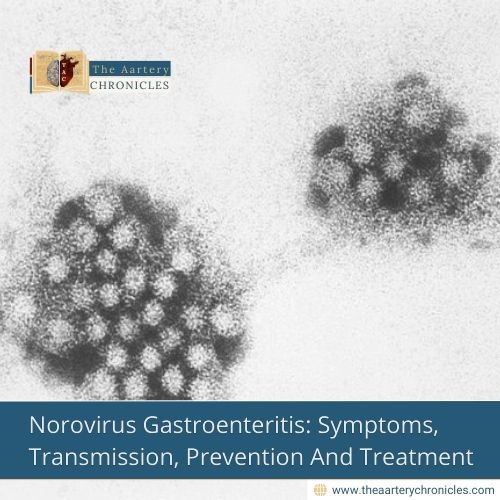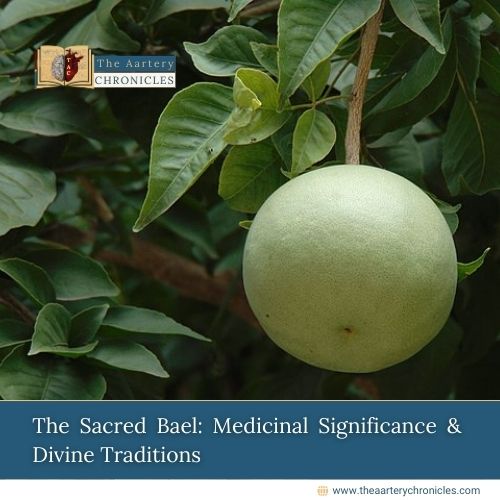Reading Time: 6 minutesThe Ketogenic Diet: Fueling Your Body with Fats In a world where low-fat and low-calorie diets have dominated the weight loss scene for years, the ketogenic diet has emerged as a groundbreaking approach to shedding pounds and enhancing mental clarity. This dietary regimen, often referred to as keto, is not just a passing trend but a scientifically backed strategy for transforming your body by shifting the primary source of energy from carbohydrates to fats. In this article, we’ll dive into the science behind the ketogenic diet, explore its benefits, and provide guidance on how to get started. Understanding the Ketogenic Diet The ketogenic diet is characterized by its high-fat, low-carbohydrate, and moderate-protein intake. The primary goal of this diet is to induce a state of ketosis in the body. Ketosis is a metabolic state in which your body primarily relies on fat for fuel instead of glucose from carbohydrates. To achieve this state, you must significantly reduce your carbohydrate intake, typically to around 5-10% of your daily caloric intake, while increasing your fat consumption to approximately 70-75%. The Science Behind Ketosis When you consume fewer carbohydrates, your body’s glucose reserves become depleted. As a result, your liver starts converting stored fat into molecules called ketones, which serve as an alternative energy source. This transition from glucose to ketones is what defines the ketogenic state. Ketones are not only an efficient energy source but also cross the blood-brain barrier, providing your brain with a steady supply of fuel. Benefits of the Ketogenic Diet and Getting Started with Keto! Weight Loss: One of the most significant benefits of the ketogenic diet is its effectiveness in weight management. By reducing carb intake and increasing fat consumption, your body enters a state where it burns stored fat for energy. This can lead to significant weight loss over time. Improved Mental Clarity: Many individuals on the keto diet report improved mental focus and clarity. This is attributed to the stable energy supply ketones provide to the brain, reducing fluctuations in blood sugar levels. Better Blood Sugar Control: For people with type 2 diabetes or those at risk, the ketogenic diet can help regulate blood sugar levels by reducing carbohydrate intake and improving insulin sensitivity. Epilepsy Management: The ketogenic diet was initially developed as a treatment for epilepsy. It remains a valuable therapy for drug-resistant epilepsy, especially in children. Getting Started with Keto Consult a Healthcare Professional: Before starting any diet, it’s essential to consult with a healthcare provider, especially if you have underlying health conditions. Plan Your Meals: Create a meal plan that emphasizes healthy fats, such as avocados, nuts, seeds, and olive oil, along with moderate protein sources like lean meats and fatty fish. Stay Hydrated: Drinking plenty of water is crucial on the ketogenic diet to help balance electrolytes and minimize potential side effects like the “keto flu.” Monitor Ketosis: You can use ketone strips or a blood ketone meter to track your ketone levels and ensure you’re in ketosis. Be Patient: The initial transition to ketosis may come with side effects such as fatigue and cravings, but these usually subside within a few days to weeks. Celebrities Who Have Embraced the Ketogenic Diet The ketogenic diet has gained popularity not only among the general population but also among some well-known celebrities. Their experiences and endorsements have contributed to the widespread recognition of the diet. Here are a few notable celebrities who have tried or publicly discussed their experiences with the ketogenic diet: Halle Berry: Halle Berry, an Academy Award-winning actress, is known for her advocacy of the ketogenic diet. She has been quite vocal about her journey with type 2 diabetes and how the ketogenic diet has played a crucial role in managing her condition. Diagnosed with diabetes at a young age, Berry turned to the ketogenic diet to help her maintain stable blood sugar levels. She frequently shares her experiences and insights regarding how this dietary approach has positively impacted her health. Halle Berry’s story serves as an inspiring example of how the ketogenic diet can be used as a valuable tool for individuals dealing with diabetes and insulin resistance. LeBron James: LeBron James, a basketball legend in the NBA, is not just famous for his on-court prowess but also for his commitment to maintaining peak physical condition. During his offseason training, LeBron has reportedly adopted a ketogenic-inspired diet as part of his comprehensive fitness regimen. This dietary approach involves reducing carbohydrate intake and increasing healthy fat consumption to support his athletic performance. LeBron’s dedication to nutrition and his utilization of the ketogenic diet have been key factors in his ability to excel on the basketball court. Kim Kardashian: Reality TV star Kim Kardashian is widely recognized for her publicized weight loss journey and her association with the ketogenic diet. Following the birth of her children, Kim Kardashian credited the ketogenic diet for helping her shed post-pregnancy weight successfully. Her openness about her experiences and endorsement of the diet has led to increased public interest in the ketogenic lifestyle. Kim’s journey illustrates how the ketogenic diet can be used as a tool for weight management and post-pregnancy recovery, and her influence has contributed to the diet’s popularity. Hrithik Roshan: Bollywood actor Hrithik Roshan is celebrated not only for his acting skills but also for his remarkable physique and commitment to physical fitness. To maintain his lean and sculpted body, Roshan has reportedly incorporated the ketogenic diet into his dietary regimen. This dietary approach involves reducing carbohydrate intake while increasing the consumption of healthy fats. Hrithik emphasizes the importance of proper nutrition, including a low-carb, high-fat diet, in achieving and maintaining his fitness goals. His dedication to both his craft and his physical health serves as an inspiration to many. Rana Daggubati: South Indian actor Rana Daggubati gained widespread recognition for his role as Bhallaladeva in the highly acclaimed “Baahubali” film series. Daggubati has openly discussed his experience with the ketogenic diet, particularly in terms of weight management and energy enhancement.









